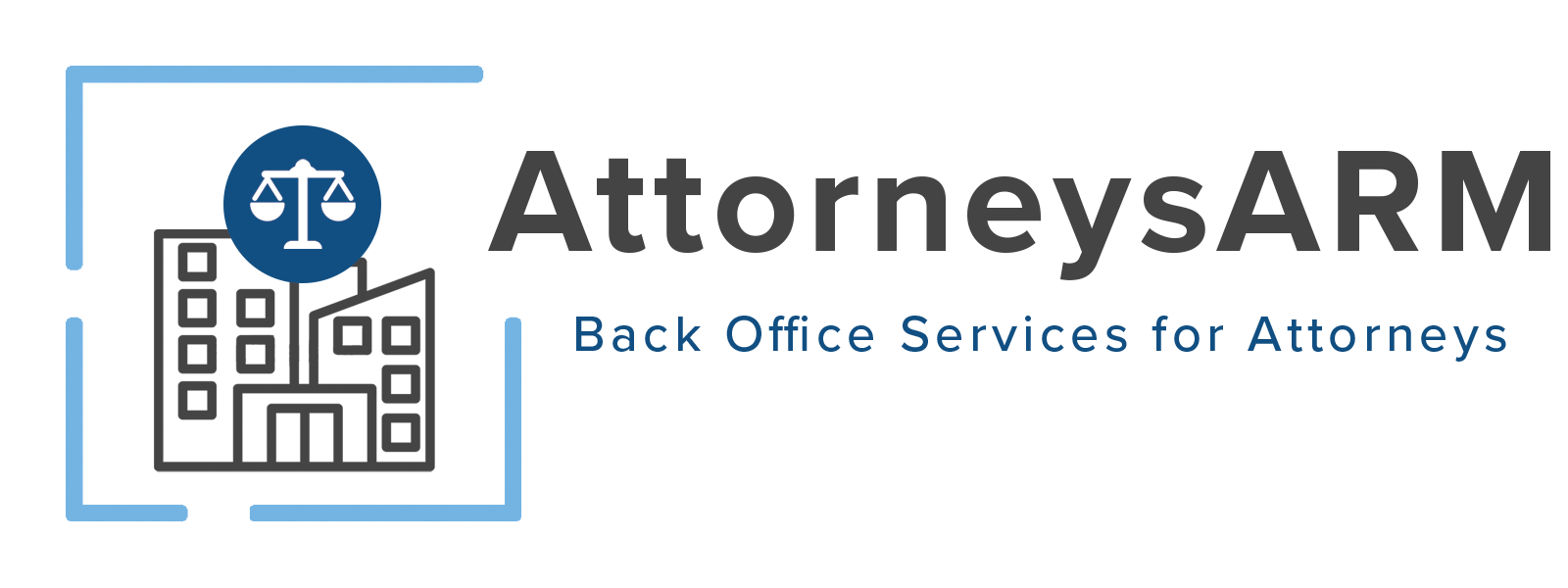Accounts receivable is one of the business procedures that we answer the most questions about during our free consultations. So, we’ve put together these 7 simple accounts receivable tips that work! Use these tips and if you have questions, contact Clients ARM and schedule your free consultation. We can help you come up with the right solutions for your needs.
Be Proactive about Invoicing
This is important regardless of industry, but it is particularly important if you’re a lawyer. If your invoices are inaccurate, clients can opt to file a bar complaint. However, again, regardless of industry, you should be proactive about invoicing.
One of the easiest ways you can do that is to set time aside every day to work on your billing. If you feel that you don’t have time to take care of invoicing each day, you should consider hiring an assistant or calling Clients ARM. We can help you with your billing from our remote location in the United States.
You should also review your invoices and make sure that they’re easy for your clients to understand. They should also be sent out at the same time each week, bi-weekly, or monthly. This helps your clients know when they can expect their invoice.
Make It Easy for Your Clients to Pay
Choose and implement easy methods that your clients can use to pay you. If your accounting software doesn’t provide your clients with a way to pay online or process debit and credit cards, it may be time for a change. You can also look at industry specific payment processors. When you make it easy for your clients to pay, you could get paid faster!
Implement a Late Fee
Late fees are subject to state law. So, you should make sure that the late fee you choose is legal in your state. Why would you want to implement a late fee? Because it creates a reason for clients to not put off their payment. This can help retrain clients who are habitually late with their payments to pay on time instead.
Create a Payment Plan
Even if you don’t plan to offer credit, a payment plan can be useful. When a client’s account is past due, it’s likely because the client has experienced some sort of unexpected financial hardship. Creating a payment plan for your clients is a way that you still get paid without causing more stress for your clients.
Understand (and Follow) Collection Laws
Yes, the collection process is part of your accounts receivable. It’s important that you (and your employees) understand (and follow) collection laws. This means calling during certain hours, not calling if you’re told to stop, providing debt verification when requested, and not abusing the debtor. That’s not all of the statutorily prescribed behavior. If you don’t follow collection laws, you could be sued.
Don’t Wait to Collect
The longer you wait to collect on a past due account, the harder it can be to get paid. Most debts are subject to a statute of limitations. This means once a certain amount of time passes, you can no longer collect on it. To learn more about how to start the collection process, check out this post.
Have Written Policies and Procedures in Place
Written policies and procedures for your accounts receivable is important for several reasons.
- It provides you and your team with a written training and reference guide.
- It helps ensure that all clients are treated the same way.
- It helps you and your team answer questions that clients may have about the accounts receivable.
Get Help with Your Accounts Receivable
Accounts receivable is an important part of your business. If you need help with your accounts receivable process, Clients ARM wants to hear from you. We can help by writing your policies and procedures, help with your invoicing, and even help with your client care. If you’re ready to learn more, contact us for your free consultation.




